The Search for Grace: A Documented Case of Murder and Reincarnation by Bruce Goldberg
 Reviewed by Russell C. Davis, Ph.D.
Reviewed by Russell C. Davis, Ph.D.
In JRT Issue 12, Fall 1994
It may be reasonably assumed that Dr. Goldberg, through his writings, TV appearances, and conference presentations, is no stranger to our readers. In The Search for Grace, he presents a fascinating case study involving a patient whom Goldberg eventually regressed to a total of 46 past lifetimes. In an amazing example of karmic reoccurring connections, it was discovered that she (a female in her present life) had been murdered in 20 of these past lives by the same man with whom she presently found herself involved in yet another abusive relationship.
While cases involving the “connectedness” of two individuals in multiple lifetimes are a phenomenon well-known to … Read the rest

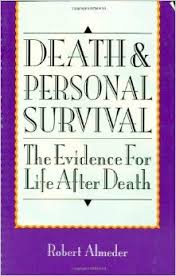 Reviewed by Daniel Kealey, Ph.D.
Reviewed by Daniel Kealey, Ph.D.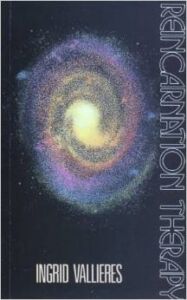 Reviewed by Anastra L. Madden, Psy.D.
Reviewed by Anastra L. Madden, Psy.D.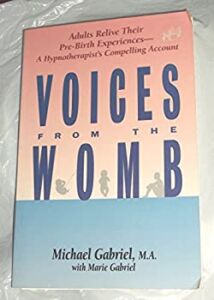 Reviewed by
Reviewed by  Reviewed by Russell C. Davis, Ph.D.
Reviewed by Russell C. Davis, Ph.D. Reviewed by
Reviewed by 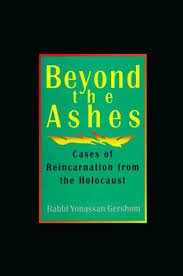 Reviewed by
Reviewed by 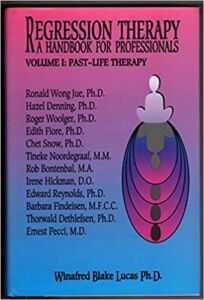 Reviewed by
Reviewed by 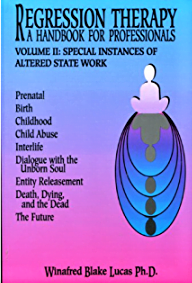 Both volumes are elegantly organized. The first ten chapters of the first volume, written very sensitively by Lucas, constitute an overview of the field as it has grown and stands today. The first chapter is exactly what it should be: an excellent history of past-life therapy. In the next nine chapters, Lucas …
Both volumes are elegantly organized. The first ten chapters of the first volume, written very sensitively by Lucas, constitute an overview of the field as it has grown and stands today. The first chapter is exactly what it should be: an excellent history of past-life therapy. In the next nine chapters, Lucas … 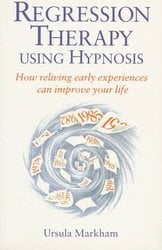 Reviewed by
Reviewed by 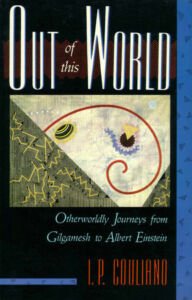 Reviewed by
Reviewed by